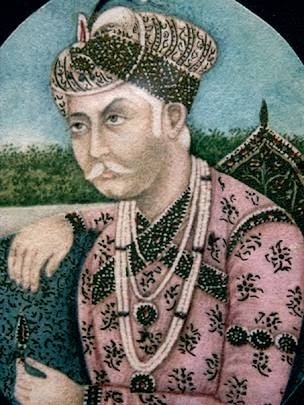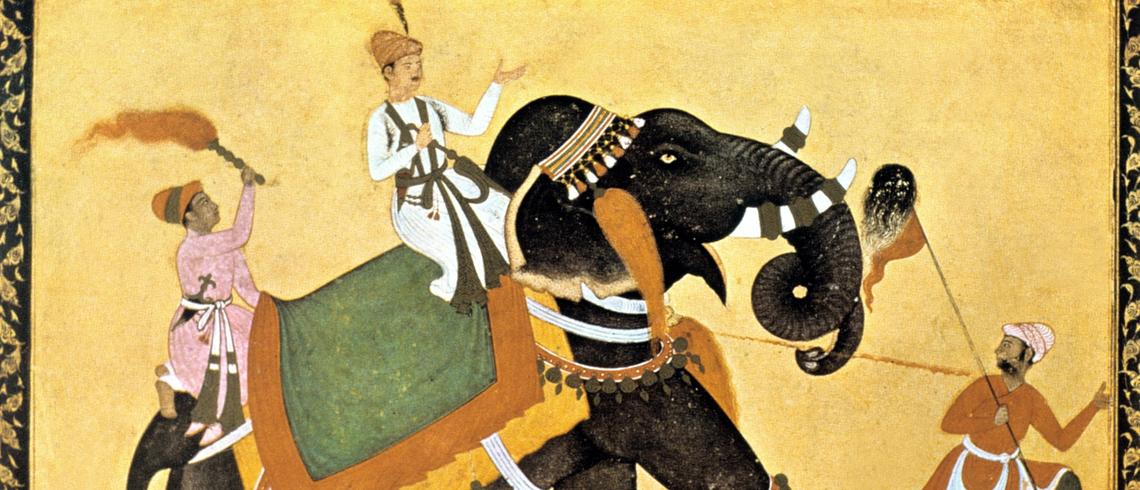

Akbar recognized the need for a strong military to achieve this goal and strengthened it both at the hardware and resource levels. There was a need for expansion as well as establishment of absolute authority upon the existing kingdom. His passion for knowledge and interest in learning from great minds attracted him to men of genius, from the Hindu Rajput General Man Singh to the Moslem historian Abul Fazal.Īkbar was so liked by Hindus for his secular outlook that there are eulogies in his name in several religious hymns.ĭefense/Military Organization – a very agile setup: The Mughal Empire was in a fledgling state when Akbar ascended the throne. It was a collection of artists, intellectuals and statesmen, transcending religion and ethnicity. Alfred Tennyson’s poem Akbar’s Dream explicitly lauds the Ibadat Khana while decrying 19 th century British intolerance.Īkbar’s council of ministers and advisors was a blend of intellect and diversity. In 1575, he built a hall called the Ibadat Khana ( House of Worship) at Fatehpur Sikri, to which he invited theologians, philosophers and selected courtiers renowned for their intellectual achievements to discuss and debate matters of spirituality and religion. But he went several steps further and ensured the nobility and theologians understood and adopted the concept of secularism. So instead of establishing a theocratic Islamic State, Akbar established a secular state. For this, Akbar the Great makes it to the list of legends of leadership and management from history!Ī secular state: Very early in his reign Akbar realized that he could not establish a permanent and stable rule in India without the co-operation and acceptance of the majority Hindu population. The end result was a strong and vibrant economy in a secure and peaceful state.

Instead of focusing just on the military to achieve this goal, Akbar expanded his focus to socio-economic and political areas.

The vision and its execution: Akbar has a vision of a strong and lasting Mughal kingdom over India. He never had a formal education was brought up by his guardian while his father struggled to retain his position, yet Emperor Akbar the Great boasted of a 21% contribution to the World GDP between 15 when he headed India Inc.


 0 kommentar(er)
0 kommentar(er)
